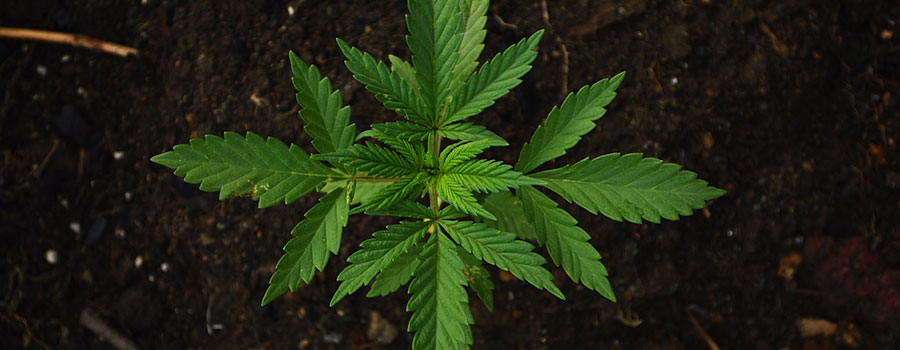On January 4, 2018, U.S. Attorney General Jeff Sessions announced the revocation of what is known in the cannabis industry as the “Cole Memo”.
It is surprising that the Trump Administration known for its pro-business stance, allowed for such an anti-business decision to be made by Attorney General Sessions. Just in California alone with the change in law allowing both medical and recreational marijuana, the marijuana industry in California is expected to be a $3.7 billion market in 2018 and could rise to $5.1 billion in 2019 according to the cannabis industry research firm BDS Analytics.
Medical marijuana is now legal in 29 states plus the District Of Columbia and recreational marijuana is legal in 8 states plus the District Of Columbia. However, under Federal law marijuana is designated as a Schedule I controlled substance and therefore is illegal under Federal law.
Colorado DA’s Office First To Officially Announce Continued Support Of The Cole Memo
The State Of Colorado legalized recreational marijuana in 2012. It is big business in Colorado so it is not a surprise that the Federal District Attorney’s Office in that state was quick with its announcement stating “The Attorney General rescinded the Cole Memo on marijuana prosecutions, and directed that federal marijuana prosecution decisions be governed by the same principles that have long governed all of our prosecution decisions. The United States Attorney’s Office in Colorado has already been guided by these principles in marijuana prosecutions — focusing in particular on identifying and prosecuting those who create the greatest safety threats to our communities around the state. We will, consistent with the Attorney General’s latest guidance, continue to take this approach in all of our work with our law enforcement partners throughout Colorado.”
What Is The Cole Memo?
The Cole Memo which came out of the Department Of Justice (“DOJ”) under the Obama administration in 2013, directed U.S. Attorneys to use discretion to prioritize certain types of violations in prosecuting cannabis operators, but, strictly speaking, it did not make operations in cannabis legal. The DOJ told its prosecutors that prosecuting medical marijuana cases in states where is has been legalized would no longer be a priority.
The Cole Memo included eight factors for prosecutors to look at in deciding whether to charge a medical marijuana business with violating the Federal law:
- Does the business allow minors to gain access to marijuana?
- Is revenue from the business funding criminal activities or gangs?
- Is the marijuana being diverted to other states?
- Is the legitimate medical marijuana business being used as a cover or pretext for the traffic of other drugs or other criminal enterprises?
- Are violence or firearms being used in the cultivation and distribution of marijuana?
- Does the business contribute to drugged driving or other adverse public health issues?
- Is marijuana being grown on public lands or in a way that jeopardizes the environment or public safety?
- Is marijuana being used on federal property?
What This Means For Marijuana Businesses
Hopefully other U.S. district attorney office’s will follow the same stance as the U.S. Attorney for Colorado in reaffirming a commitment to prioritizing violent and other serious federal crimes. As of this writing none of the four Federal district attorney offices in California have yet made any statement on whether they will still apply the Cole Memo. Look to us for future updates on this.
What Should You Do?
Given the greater disparity in treatment between the Federal and California governments you need to protect yourself and your marijuana business from all challenges created by the Federal government. Be proactive and engage an experienced attorney-CPA in your area. Let the tax attorneys of the Law Offices Of Jeffrey B. Kahn, P.C. located in Orange County (Irvine), Long Beach and other California locations protect you and maximize your net profits.


